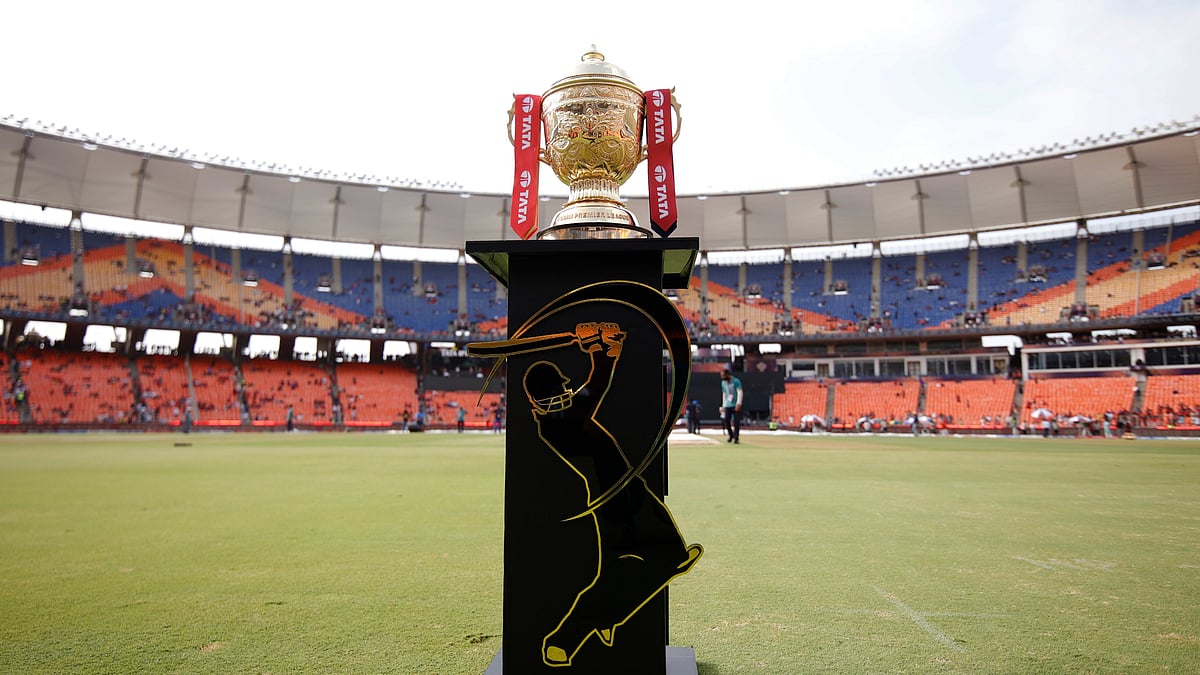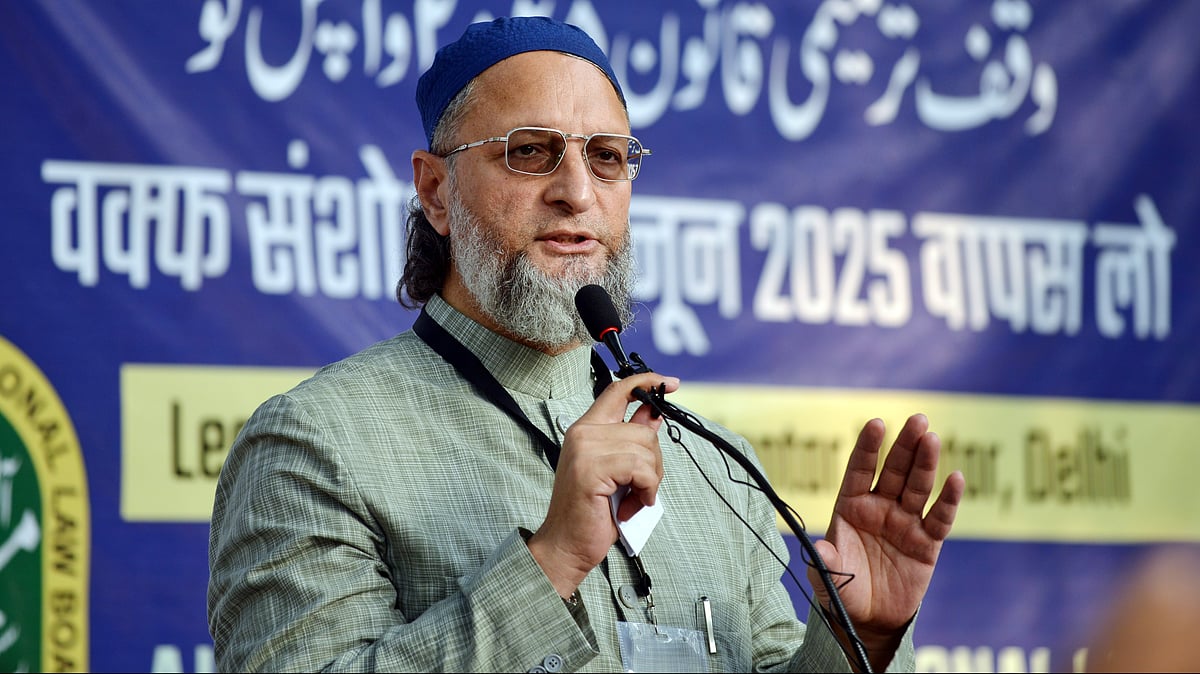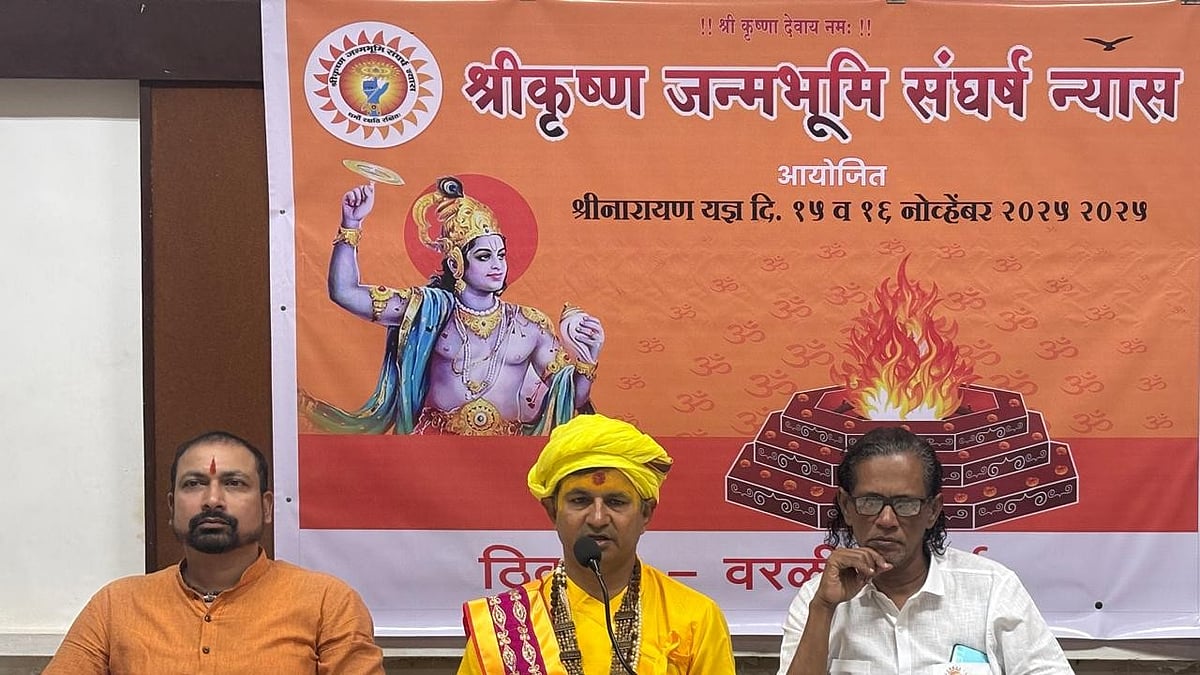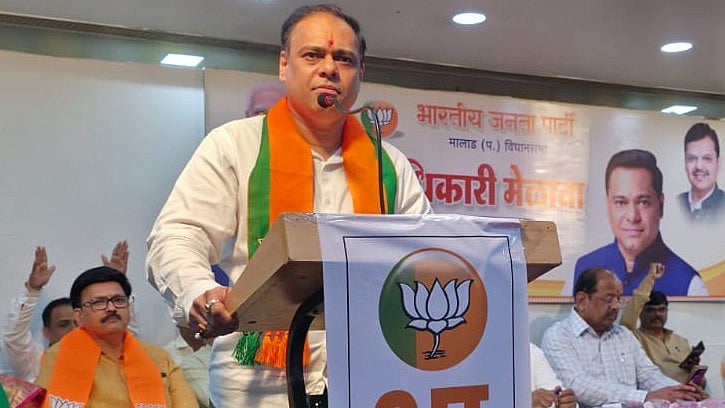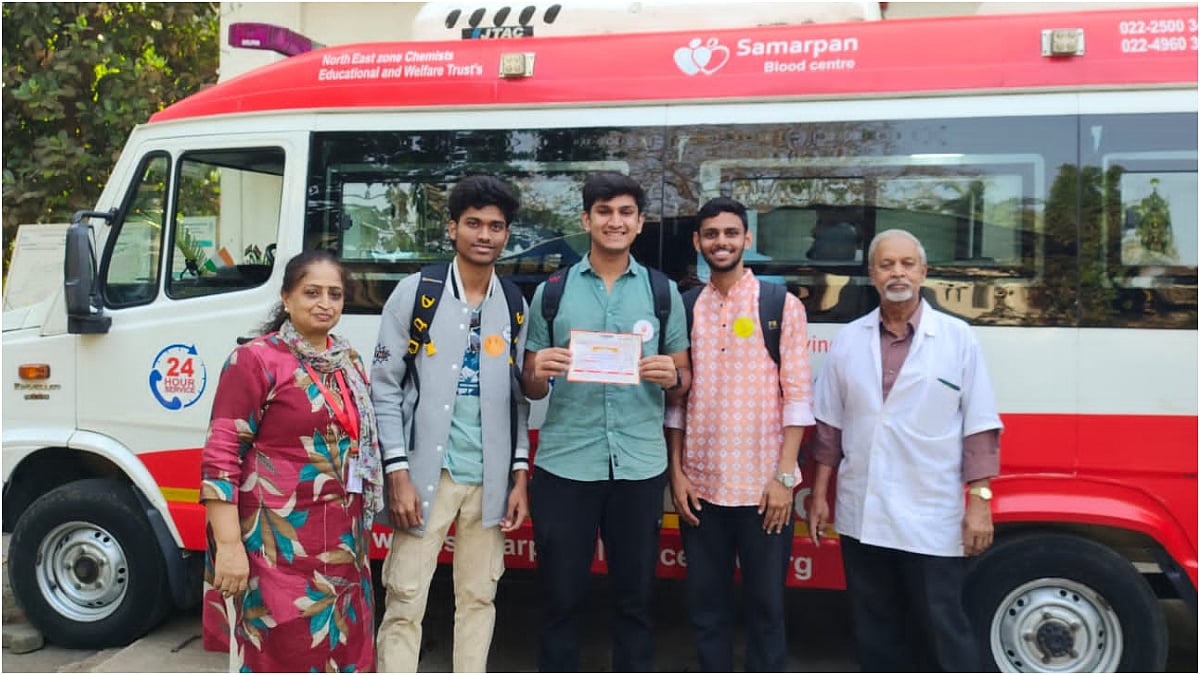In a strongly worded order, the Thane Sessions Court has rejected the defence of Central Railway engineers Vishal Dolas and Samar Yadav accused in the Mumbra train mishap case that the incident was a “mere accident.” The court held that the tragedy, which killed five commuters and injured nine, stemmed from a “knowing default or omission” by railway engineers and other officials.
‘Preventable Accident’ Caused by Negligence, Says Court
The court emphasised that the disaster was preventable and occurred only because railway authorities failed to rectify broken tracks and maintain the route, despite full knowledge of massive peak-hour crowds on suburban trains.
“India is an overpopulated country. Mumbai and its suburban area are highly dense. Local trains are an important mode of transport and usually overcrowded in peak hours. The accused were aware of this situation. In such circumstances, it has to be ascertained what safety measures the Railway Authorities were required to take for the crowd and their rights,” the order states.
Court Slams Railway Committee Report on ‘Backpack Theory’
The detailed 15-page order, accessed by The Free Press Journal, criticised the five-member committee report that blamed the mishap on overcrowding and commuters’ 30-cm-thick backpacks brushing against each other on opposite trains.
The court observed that the theory was a clear attempt “to give a clean chit” to the accused engineers and the railway department.
“The contention that the incident occurred due to backpacks protruding outside is not supported by any photographs or video clips of that day,” the court noted. It pointed out that passengers typically hang backpacks in front while standing on footboards, and no spot panchnama or video evidence showed commuters carrying such bulky bags.
Calling the committee’s conclusion “flimsy” and “unreasonable,” the court held that it did not align with ground evidence.
VJTI Report Exposes Serious Track Defects
In contrast, the court placed strong reliance on the technical inspection report submitted by the Veermata Jijabai Technological Institute (VJTI), which highlighted grave lapses in track maintenance.
According to the report, Track 4 had been replaced just 3–4 days before the accident, yet no welding was done.
Key findings included: A 17 mm gap between the rails, causing severe jerking, Rail distance between Track 3 and 4 varying from 4,230 mm to 4,920 mm, Differences in cant (tilt) causing both trains to lean toward each other, reducing clearance between coaches
“All these deficiencies were later cured by the Railway Authorities. If they had been cured prior to the incident, this accident might not have happened,” the court observed.
Repairs Done Only After Accident: Court Notes Omission
The court also noted that the accused engineers had obtained a caution order for maintenance but failed to carry out the repair work. The repairs were undertaken only after the accident, which “prima facie shows omission on the part of the applicants.”
Custodial Interrogation Required, Bail Denied
Given the technical evidence and alleged lapses, the court said custodial interrogation of the accused was required for a thorough probe.
On Thursday, the Thane Sessions Court formally dismissed the anticipatory bail applications of the two engineers, stating that a detailed investigation is essential to ascertain full responsibility for the railway accident.



